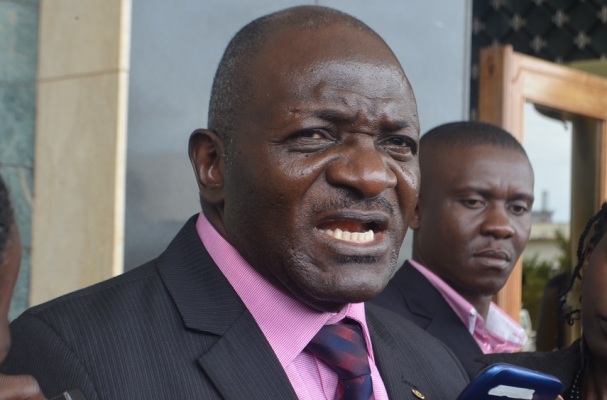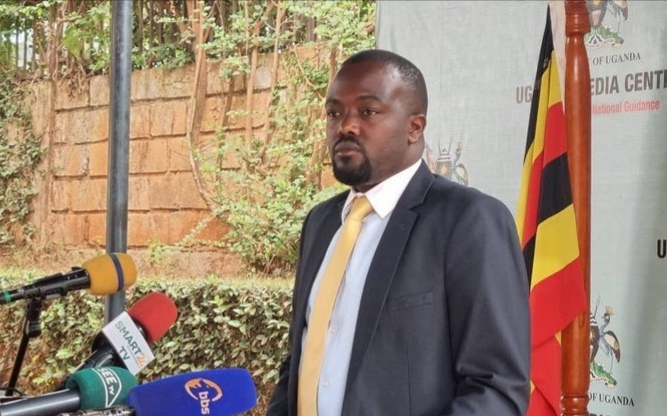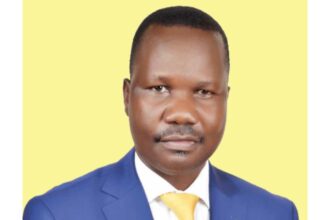In a resounding display of solidarity and dedication to the fight against malaria, the U.S. Mission Uganda marked World Malaria Day with a series of events and initiatives aimed at bolstering Uganda’s malaria control efforts.
Led by Ambassador William Popp, the mission underscored its unwavering commitment to supporting Ugandans in their battle against this debilitating disease.
At the heart of these efforts lies the U.S. President’s Malaria Initiative (PMI), a flagship program launched in 2005 with the goal of eradicating malaria and improving health outcomes globally.
In Uganda, PMI collaborates closely with local partners, including the U.S. Peace Corps and the United States Agency for International Development (USAID), to implement a comprehensive array of malaria prevention and treatment measures.
Ambassador Popp’s presence at World Malaria Day events in Namutumba District served as a poignant reminder of the significant investments made by the U.S. government in malaria prevention and response efforts.
The events, attended by community leaders, healthcare workers, and local residents, provided a platform to highlight the tangible impact of these initiatives on the ground.
Integral to the implementation of malaria control interventions are organizations such as Holistic Initiative to Community Development (HOLD) and John Snow Inc. (JSI), which work tirelessly to ensure the effective delivery of life-saving interventions to vulnerable communities. Through evidence-based strategies, Peace Corps Volunteers reach households in remote areas, delivering critical services and support.
During his extensive visits across Uganda, Ambassador Popp engaged directly with stakeholders at every level, from grassroots community leaders to frontline healthcare workers. These interactions offered invaluable insights into the challenges faced in malaria control efforts and facilitated discussions on innovative solutions to address them.
The impact of U.S.-funded initiatives was palpable as Ambassador Popp witnessed firsthand the distribution of insecticide-treated nets and the provision of essential treatments and diagnostics. These interventions have played a pivotal role in mitigating the burden of malaria, particularly among the most vulnerable populations, such as children and pregnant women.
Despite considerable progress, malaria remains a significant public health concern in Uganda, underscoring the continued need for sustained efforts. U.S. Mission Uganda has been a stalwart partner in this endeavor, providing both technical expertise and financial support to bolster Uganda’s malaria control efforts.
Through PMI and USAID, the mission has facilitated the training of 4,000 Ugandans in indoor residual spraying, thereby bolstering the capacity of local communities to combat malaria vectors effectively.
Additionally, the distribution of 2.5 million mosquito nets has protected 3.2 million residents in over 770,000 households from malaria transmission, while 5 million testing and treatment kits have been supplied to health facilities across the country.
World Malaria Day serves as a poignant reminder of the progress made thus far and the challenges that lie ahead. U.S. Mission Uganda remains steadfast in its commitment to creating malaria-free households, ensuring access to life-saving medicines, and strengthening healthcare systems to combat malaria effectively.
The day serves as a rallying cry for renewed determination and collective action to achieve the shared goal of eliminating malaria as a public health threat in Uganda.
Do you have a story in your community or an opinion to share with us: Email us at Submit an Article









